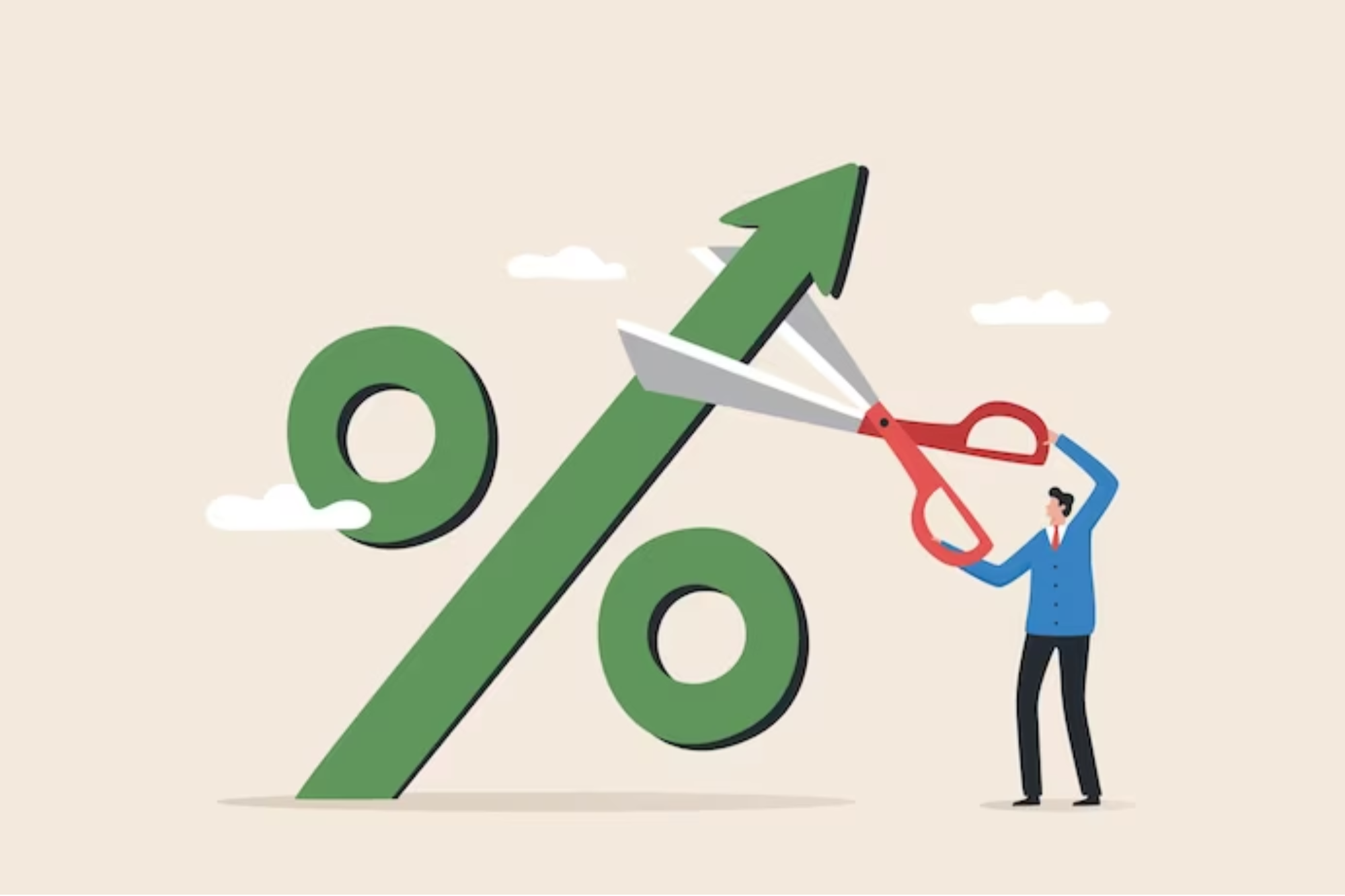Investing
Valuation Cuts Calls for Prioritising a Sustainable and Resilient Startup Ecosystem Investors regularly monitor their portfolios in the erratic startup environment and adjust to shifting market conditions. Valuation reductions serve as a reminder of the value of thorough study, wise judgement, and the capacity to deal with uncertainty.

Entrepreneur
You’re reading Entrepreneur India, an international franchise of Entrepreneur Media.
Following the slowdown in investment, many Indian unicorn startups — startups valued at over $1 billion — have seen a dramatic decline in their values.
US-based investor Baron Capital has cut the fair value of Bundl Technologies, which runs the food delivery platform Swiggy, by 34%. A different US asset management company, Invesco, had just a few days earlier lowered the foodtech unicorn’s valuation from $8.2 billion to $5.5 billion in its Q4 reporting.
Baron owns 0.7 percent of Swiggy. As stated in its regulatory filing, it reduced the value of its holding to $50.9 million from an investment value of $76 million for 11,578 shares. This led to a decrease in valuation from $10. 9 billion to $7.3 billion.
Recently, Neuberger Berman also reduced the value of two of its portfolio companies, Pharmeasy and Pine Labs, to $2.8 billion and $3 billion, respectively.
Reducing the valuation reflects reduced investor confidence and thus often puts a dent in the business’s potential to build a profitable balance sheet. However, as an entrepreneur, Swarup Bose, Founder and CEO of Celcius Logistics, has come to understand that non-linear parameters must be taken into consideration in order to measure growth.
“Valuation adds to the top line of the business. Value Creation on the other hand, helps build a robust bottom line. Although the struggle between Valuation and Value Creation is an eternal one, I think a cut in valuation should not be always looked upon as a failure, as long as there is an effort in building a bottom line,” Bose said.
But why is there a cut in valuation?
Speaking on the matter, angel investor Prateek Toshniwal said that valuation cuts occur when investors reassess a company’s growth prospects and market conditions. “Factors such as increased competition, rising costs, regulatory challenges, and market dynamics influence these adjustments.”
Toshaniwal emphasises that valuation reductions don’t always signify a lack of potential, but rather a recalibration of expectations.
The valuation reductions at businesses such as Swiggy and PharmEasy are a natural progression in the development of investment evaluations, according to Dhainu Das, Co-founder of Agility Ventures. The current market environment and investor sentiment, he argued, should be taken into account rather than a company’s intrinsic value.
Investors are concerned about a number of things, including the company’s fierce competition from other companies and the long-term viability of its business approach. “The decrease in valuation reflects these unpredictability and the need to modify estimates accordingly,” stated Ashish Bhatia, Founder and CEO, India Accelerator.
“Additionally, there might have been concerns about the profitability and adaptability of the company model, which could have had an impact on the valuation reduction. It is our responsibility as investors to carefully assess these matters so that we can make value-based judgements,” Bhatia continued.
Not just Swiggy and PharmEasy, other Indian startups have recently seen a reduction in valuation—including Ola and Byju’s— as the capital markets evolve, prioritising a clear route to profitability and targeted goals over expansion and blitzscaling. Valuations of listed companies like Zomato Ltd, Nykaa’s parent FSN E-Commerce Ventures Ltd., and Paytm parent One97 Communications Ltd have also declined after a strong 2021.
Gaurav VK Singhvi, Co-founder of We Founder Circle, added to this by pointing out that the valuation cuts present opportunities for investors to re-evaluate and potentially capitalise on the long-term potential of these promising startups. He claims that the 34% valuation reduction made by the US investor in Swiggy illustrates the heightened focus on the business’s sustainability and profitability in the face of fierce competition in the food delivery sector. Similar to this, Janus Henderson’s 50% valuation decrease for PharmEasy can be linked to a reassessment of the business’s development potential in the online pharmacy industry.
Even while the cautious market has made it harder to secure finance, which has slowed progress, this situation nevertheless offers a revolutionary chance. “Prioritising a resilient and sustainable startup ecosystem is demanded. Startups must place a strong emphasis on developing a strong financial base, exhibiting sustainable growth, and providing compelling customer value. Startups may negotiate difficulties, maintain valuation, and preserve investor trust by concentrating on these areas,” said Raaja Kanwar, Chairman and Managing Director at Apollo International Limited and Apollo Supply Chain.
Read the full article here

-

 Make Money7 days ago
Make Money7 days ago10 Critical Questions to Ask Your Financial Advisor Now
-

 Make Money6 days ago
Make Money6 days ago10 Ways to Make Money As a Graphic Designer
-

 Personal Finance5 days ago
Personal Finance5 days agoIf you are 60 years old, new 401(k) rules could save you money
-

 Investing6 days ago
Investing6 days agoCould Easier Cancellations Build Customer Loyalty?
-

 Investing7 days ago
Investing7 days agoAirbus keeps top spot with 766 jet deliveries in 2024 By Reuters
-

 Investing4 days ago
Investing4 days agoBank regulator gives BlackRock new deadline on bank stakes, Bloomberg reports By Reuters
-

 Side Hustles6 days ago
Side Hustles6 days agoTrump’s 2025 Inaugural Committee Raises Record $170 Million
-

 Passive Income7 days ago
Passive Income7 days agoHow to Build a Solid Go-to-Market Strategy for 2025


















